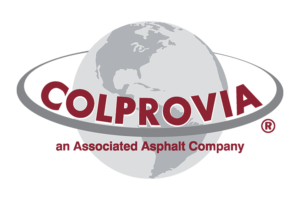Quality Emulsified Asphalt
Associated Asphalt’s line of emulsified asphalts provide an environmentally friendly, cost-effective, and adaptable product for a wide range of construction and maintenance projects. We carefully blend asphalt, water, and emulsifying agents to create an environmentally friendly asphalt that requires lower temperatures, and is cost-effective for construction and maintenance projects. Emulsified asphalt is known to produce minimal to no hydrocarbon emissions or fumes, as there is no need for hot mixing.
Our emulsified asphalts are capable of fulfilling the needs of a variety of projects including:
- Bituminous Surface Treatment/Asphalt Surface Treatment
- Fog Seal
- Prime Coat
- Tack Coat
- Non-Tracking Tack/Reduced-Tracking Tack
- Cold In-Place Recycling
- Full Depth Reclamation
Designed to be handled, shoveled, and tamped with ease, our emulsion asphalt products are manufactured at four of our terminals:
- Bristol, VA
- Roanoke, VA
- Columbia, SC, our SEACO Asphalt Emulsions facility
- Tampa, FL
We produce emulsified asphalts at a variety of setting times, temperature requirements, and charge through the blending of asphalt, water, and emulsifying agents at varying levels.





